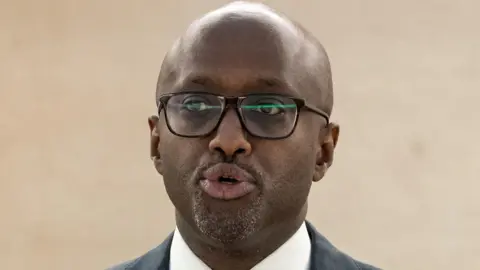Rwanda has confirmed it is in discussions with the United States regarding the potential relocation of migrants. This development comes as a growing number of nations, including the UK and Denmark, explore similar arrangements with the East African nation as a solution to their own migration challenges.
While details of the talks remain scarce, a spokesperson for the Rwandan government confirmed to Reuters that “discussions are ongoing between Rwanda and the United States on a potential migration arrangement.” They emphasized that “Rwanda is open to considering various options as part of our commitment to contribute to finding solutions to global migration challenges.”
This willingness to engage in such discussions is not unprecedented for Rwanda. The country has previously entered into agreements to host migrants and asylum seekers from other nations. Most notably, Rwanda signed a controversial deal with the United Kingdom in April 2022 to receive migrants who arrive in the UK through irregular means. Although this UK-Rwanda plan has faced significant legal challenges and is yet to see any flights depart, it highlights Rwanda’s openness to such partnerships. Denmark has also expressed interest in a similar arrangement with Rwanda.
The rationale behind these discussions for countries like the US is complex. Facing increasing numbers of migrants arriving at their borders, they are seeking alternative solutions to processing asylum claims and managing migration flows. The idea of relocating migrants to a third country for processing or resettlement is seen by some as a deterrent to irregular migration and a way to share the burden of asylum processing.
For Rwanda, the motivations are likely multifaceted. The government has framed these arrangements as a humanitarian effort and a contribution to international solidarity in addressing global migration issues. Furthermore, such deals often involve financial aid and investment from the partnering country, which could be a significant incentive for Rwanda’s development.
However, these arrangements are not without their critics. Human rights organizations have raised serious concerns about the ethical implications of relocating asylum seekers to a third country, particularly regarding the potential for refoulement (returning individuals to a country where they would face persecution) and the due process afforded to asylum seekers. There are also questions about the capacity of the host country to adequately support and integrate these individuals.
The specific nature of the potential US-Rwanda agreement remains unclear. It is unknown whether it would involve processing asylum claims in Rwanda, permanent resettlement, or a temporary arrangement. The types of migrants who would be included in such a deal are also yet to be specified.
As discussions continue, the international community will be closely watching the developments. The outcome of the US-Rwanda talks could set a precedent for future migration partnerships and further solidify Rwanda’s position as a potential destination for migrants from Western nations. However, the ethical and practical challenges associated with such arrangements will undoubtedly remain a central point of debate.
Email Us on editorial@nnafrica.com













